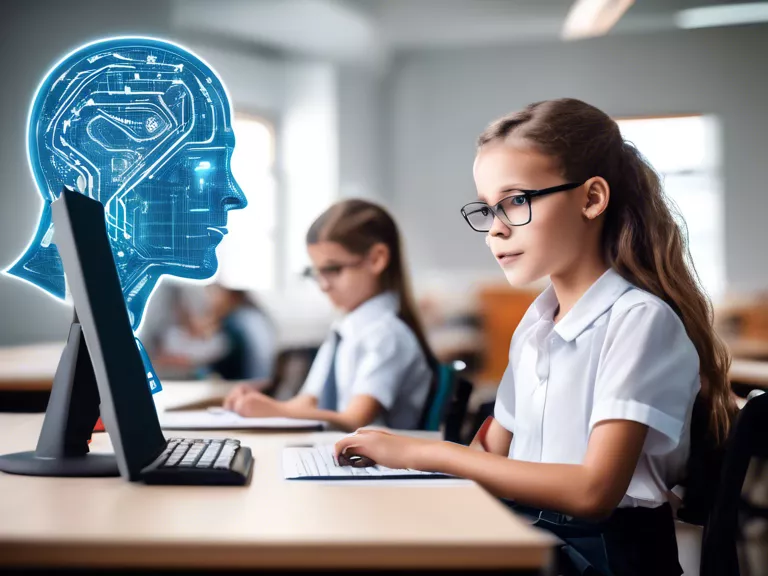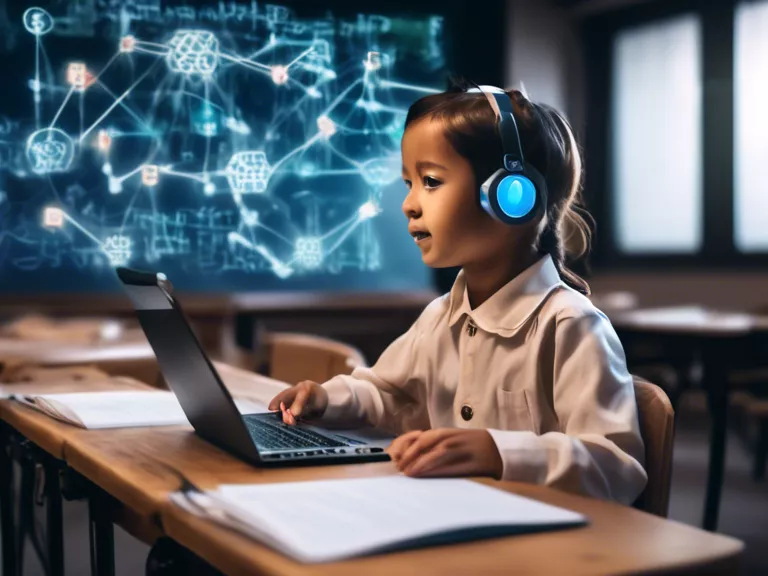
Artificial Intelligence (AI) is transforming the way administrative tasks are managed in schools. From automating attendance tracking to streamlining communication with parents, AI is making processes more efficient and effective. This article explores the impact of AI on automating administrative tasks in schools and the benefits it brings to both staff and students.
AI technology has the potential to revolutionize the way schools handle routine administrative tasks. One of the most common uses of AI in schools is automating attendance tracking. By using facial recognition technology or RFID tags, AI can quickly and accurately record student attendance, saving teachers valuable time and reducing errors.
Another area where AI is making a significant impact in schools is in communication with parents. AI-powered chatbots can answer common questions, provide updates on school events, and even schedule parent-teacher conferences. This not only saves time for school administrators but also ensures that parents are kept informed and engaged in their child's education.
In addition to attendance tracking and communication, AI can also assist with scheduling and resource allocation. By analyzing data on student performance, teacher availability, and classroom usage, AI algorithms can optimize schedules to ensure that classes are evenly distributed and resources are used efficiently.
Overall, the impact of AI on automating administrative tasks in schools cannot be overstated. By streamlining processes, reducing errors, and saving time, AI technology is helping schools operate more efficiently and effectively. As AI continues to advance, the possibilities for automation in schools are endless, from personalized learning experiences to predictive analytics for student success.



